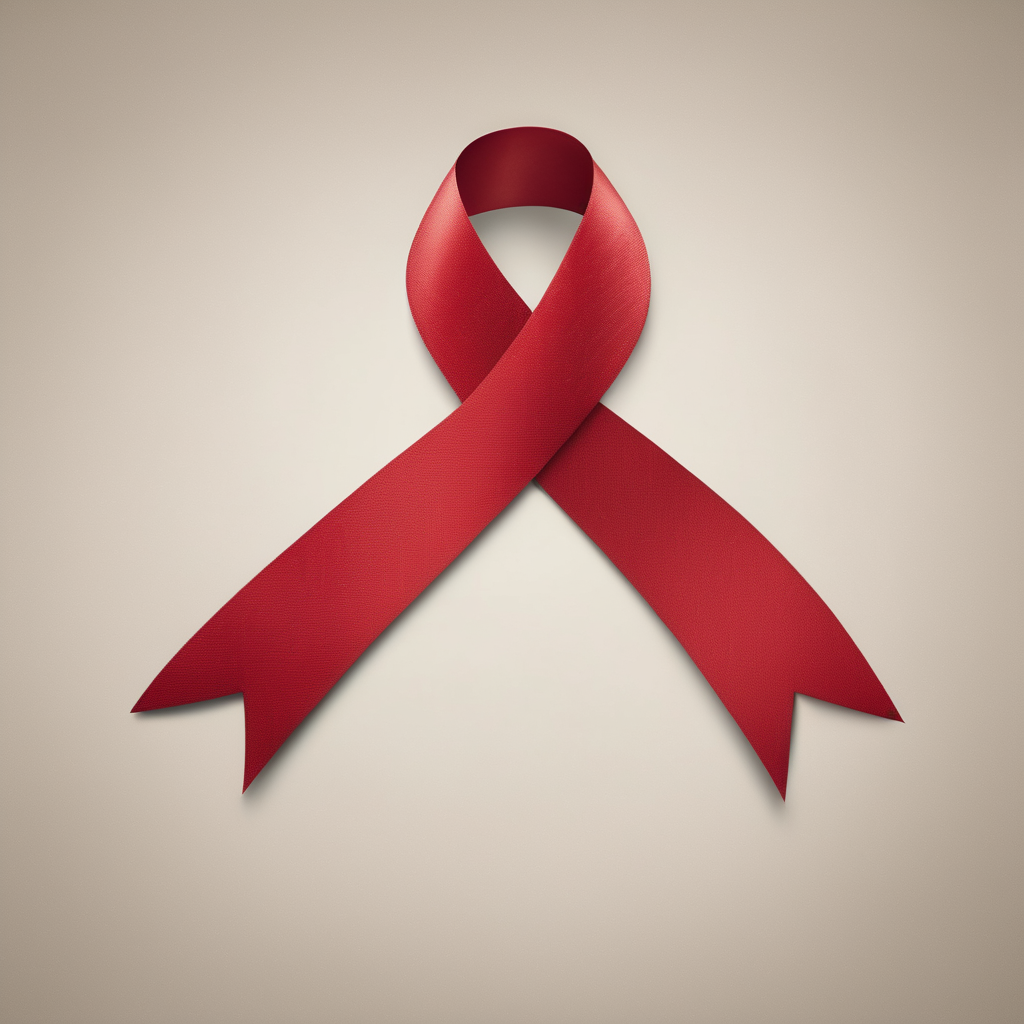Fiji is currently facing a severe HIV epidemic that poses significant challenges to both the country and the broader Pacific region. Eamonn Murphy, the Regional Director of UNAIDS, has pointed out that the response to HIV across Pacific island nations has become fragmented and overly dependent on external support. He stressed that strong domestic investment and increased regional collaboration are essential for effectively addressing the rising number of HIV cases.
To respond to the alarming surge in infections, Fiji is adopting a proactive stance by enhancing coordination between government health services and local communities. Health Minister Dr. Ratu Atonio Lalabalavu has revealed plans to recruit trained professionals to strengthen the nation’s HIV services, with the Ministry of Health set to announce critical job openings soon. This initiative is part of a broader strategy aimed at improving Fiji’s HIV response, which has experienced a dramatic increase, noting a shocking 3,091 percent rise in new cases from 2010 to 2024.
Murphy emphasized the interconnected nature of the Pacific islands, stating that no single nation can achieve safety while others continue to struggle. He insisted that effective community-based responses are vital in addressing behaviors often viewed as socially unacceptable, making it necessary for local communities to be engaged in service delivery. This approach not only helps to minimize costs but also fosters a sense of ownership among community members.
Although the challenges from rising infection rates—particularly among marginalized populations—continue to loom, there is a thread of optimism stemming from collective regional action. Previous reports have cited worrisome figures, such as 1,093 new HIV cases recorded from January to September 2024. Nonetheless, the encouragement from various stakeholders, including international partners, provides a hopeful perspective on the situation.
The Ministry of Health is actively putting into practice measures such as the HIV Surge Strategy, which aims to broaden testing availability and enhance access to treatments, while also involving communities in health initiatives. Collaborative efforts among government agencies, healthcare providers, and local organizations may pave the way for improved health outcomes for all Fijians, alongside efforts to alleviate the stigma associated with HIV.
By maintaining a strong commitment from health officials and community leaders, Fiji aims not only to tackle the ongoing HIV epidemic but also to cultivate an environment where individuals can seek assistance without the fear of discrimination, fostering a healthier future for the region.
